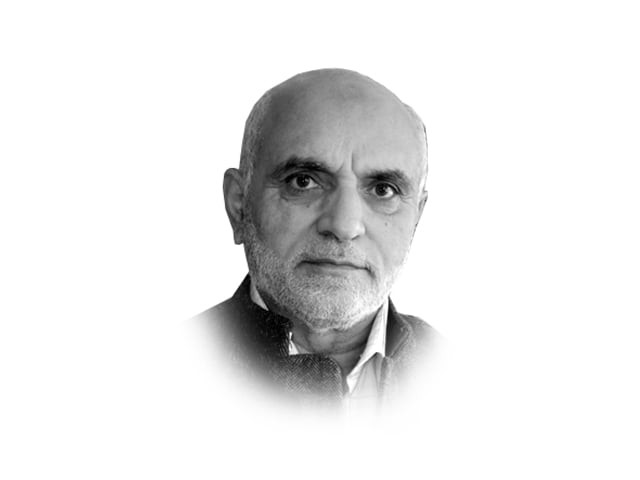Understanding Jinnah
Manto wrote that in politics “the Quaid never made hasty decision..."

Understanding Jinnah
The eight people Raj Mohan Gandhi has written about are truly great minds and out of them I see Muhammad Ali Jinnah as the greatest, for his “indomitable will”. Also, as put by his biographer Stanly Wolpert, “his place of primacy in Pakistan’s history looms like a minaret over the achievements of all his contemporaries.”
In my search for finding what was missing in our contemporary leaders, I found that instead of redeeming people they have pushed them into a morass of uncertainty. I had an opportunity of finding a Jinnah outside his famous biographies. In two articles about him, I found a Jinnah that has hitherto remained eclipsed from people — one by his sister Fatima Jinnah titled “A businessman Becomes A Barrister” and another by Sadat Husain Manto called “Jinnah Sahib”.
His sister says his eager mind was keen to benefit from his visit to England at a time when the spirit of British liberalism was making profound impact on the minds of people. He adopted the typically English habit of reading carefully his morning newspapers. About his joining the Lincoln’s Inn, Fatima Jinnah quotes his brother as saying, “My inquiries and discussions made me decide for another inn than Lincoln’s. But then I saw the name of the great Prophet Muhammad (pbuh) engraved on the main entrance of Lincoln’s Inn among the great lawgivers of the world. So I made a sort of vow that I would join Lincoln’s Inn.”
Saadat Hasan Manto’s writings on Jinnah makes for an interesting reading in that he talks about the lifestyle of this great leader, his relations with his sisters other than Fatima Jinnah and with his servants and drivers. “The Quaid had three sisters, one of them lived at Chowpati and her husband did not earn much. Jinnah Sahib would send her some money every month.” Jinnah played billiards and would hit with precision. Manto also wrote that in politics “the Quaid never made hasty decision. As in billiards, he would examine the situation from every angle and only move when he was sure he would get it right the first time”.
This article not only belies Jinnah’s detractors but also provides insight into his personal life even though the general belief has been that his domestic life would always remain a mystery.
Published in The Express Tribune, December 25th, 2010.













COMMENTS
Comments are moderated and generally will be posted if they are on-topic and not abusive.
For more information, please see our Comments FAQ